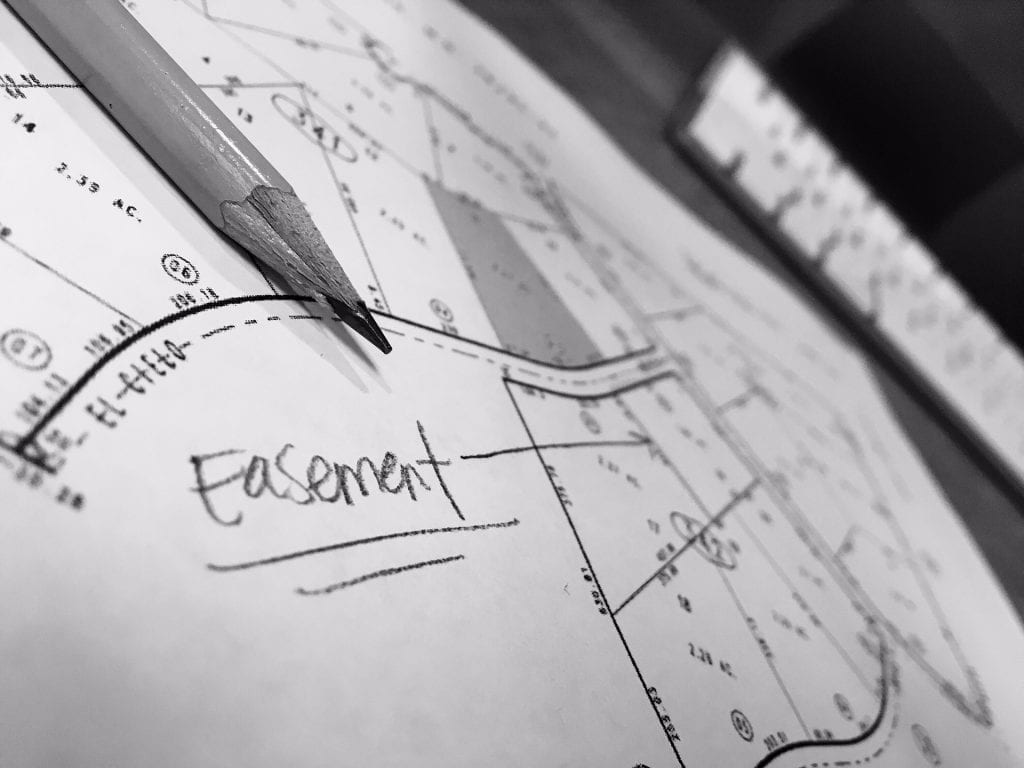 When you purchase real property, you more than likely expect exclusive use. However, that’s not necessarily always the case. Real property easements could give another individual or entity some rights to your land. Meanwhile, you should know that the government can acquire easements for public purposes.
When you purchase real property, you more than likely expect exclusive use. However, that’s not necessarily always the case. Real property easements could give another individual or entity some rights to your land. Meanwhile, you should know that the government can acquire easements for public purposes.
The best examples of legal concepts often come from real cases. The New Jersey Appellate Division did not approve publication of the Township of Long Beach v. Tomasi, et al. However, it provides some interesting insight. (An unpublished legal decision is not precedential and applies solely to the named parties.)
In this matter, Long Beach wanted to acquire beachfront access easements in connection with federally funded projects. The Township asserted eminent domain authority in condemning a ten-foot-wide strip along the property lines of three separate one family homes.
The court granted the public access easement – allowing beachgoers a means of walking to the sand and the ocean itself. Meanwhile, the reasoning for the access had everything to do with federal regulations requiring public access every half mile to particular beaches.
After Hurricane Sandy, the federal government passed an act assisting communities along the shoreline with disaster relief. In conjunction with the Sandy Act, the Army Corps of Engineers became involved in replenishment and dune construction projects.
The Township of Long Beach extends along eighteen miles of the Atlantic Ocean with some public beach access. That said, pedestrians cannot count on entry to the beach every half mile.
Since the federal government providing funding for the beach improvements, the court agreed with the Township. It had the right to acquire the public access easements using its authority under eminent domain.
Other Types of Easements
All things considered, this is just one type of public access easement. For example, you could buy property with an existing easement that allows pedestrian or bicycles to safely access a sidewalk. Some easements exist for conservation purposes, while others are created by municipalities. Often, these limit rights for sewer, water, and drainage concerns.
In some cases, public utility easements allow placement of electricity lines for both overhead electric and underground lines. The same holds true for gas lines and water lines. Additionally, both telephone and cable companies assert easement rights on properties owned by individual landowners.
In Union County, driveway easements exist in many municipalities. This happens in situations with shared driveways. Meanwhile, it also occurs when one building is behind another. The front property owner grants an easement allowing ingress and egress through their driveway.
Knowing your property boundary lines becomes critical in buying real estate. In some situations, a surveyor may provide evidence that a structure or fence encroaches on your land. You and your neighbor may agree to an easement, which will be recorded on the deed.
Contact Us
Need more information concerning real property easements? Contact the Law Offices of Lawrence M. Centanni for experienced legal advice. We look forward to providing you with the answers you need.



